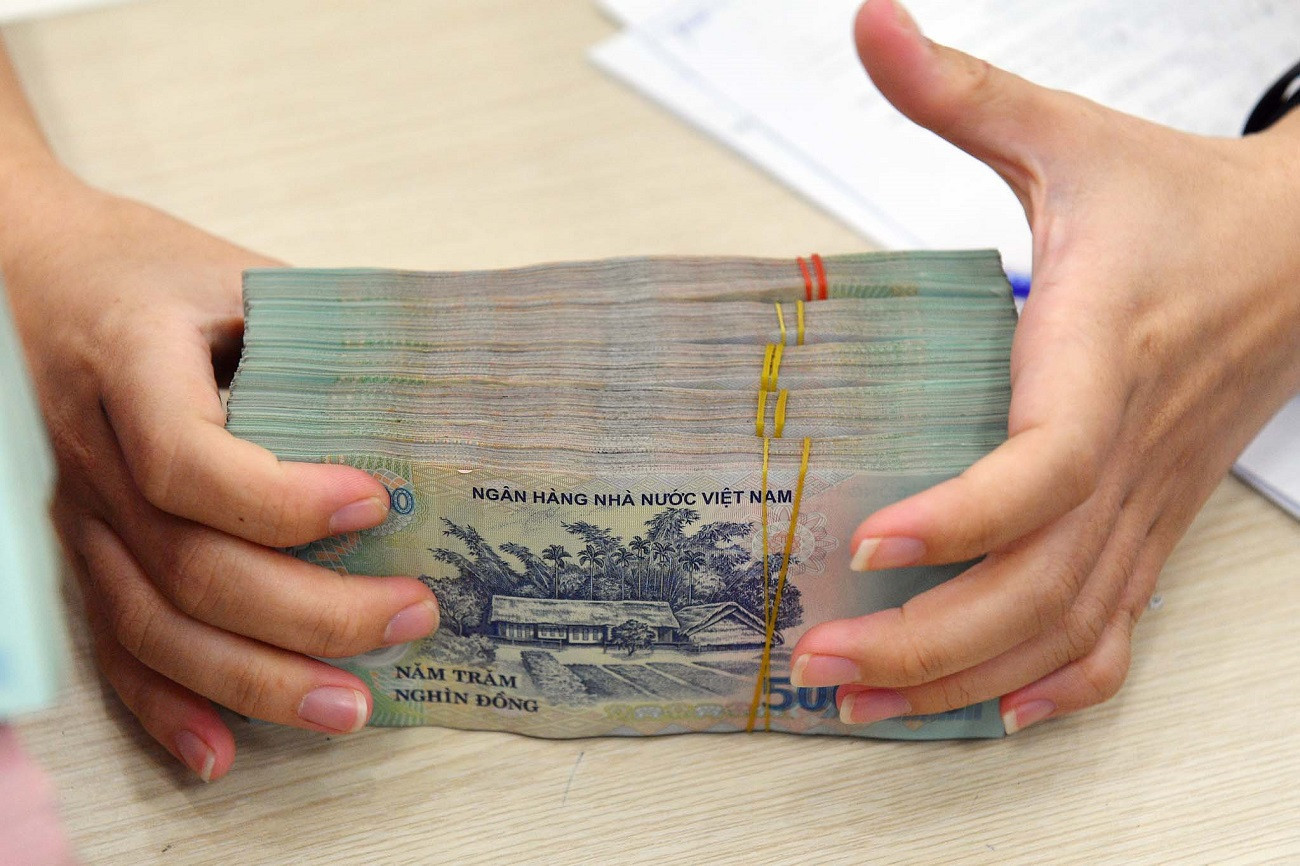
As Vietnam has become a low-middle income country, international institutions and other countries have begun providing loans with fewer preferential conditions and floating interest rates. Under the laws, new loans must now be considered carefully in terms of economic efficiency and financial plans to ensure public debt safety criteria and compliance with medium-term public investment plans.
Therefore, conventions and loan agreements negotiated and signed in 2022 and later will have a smaller scale than in the previous period, when Vietnam could access ODA loans. This is being done to minimize risks related to exchange and interest rates, and to ensure national financial security.
Loans in VND will account for a large proportion of the government debt portfolio, expected to be more than 70 percent by the end of 2022. Debts in foreign currencies will be mostly in USD, Euro and JPY.
The report said the government’s debt repayments will continue as committed, within the estimates approved by agencies. The dollar price increases and the sharp depreciation of the Yen and Euro against the Vietnamese dong will help control public debt, government debt and actual debt payment obligations in domestic currency.
Based on the exchange rate quoted by Vietcombank, as of September 20, the US dollar had appreciated by 3.9 percent, and the Euro by 7.9 percent and Yen by 15.8 percent compared with January 1.
The government’s debt by the end of 2021 had fallen by VND50.3 trillion.
The total government debt payment in 2022 is estimated at VND324.6 trillion, including VND294 trillion worth of direct payment and VND30 trillion worth of payment for borrowing foreign loans for domestic relending.
The ratio of the government’s direct lending in 2022 to the state budget collection is about 18-19 percent, lower than the ceiling of 25 percent set by the NA.
In the report about public debt, the government made note of the unfavorable conditions in the domestic and international capital markets which has led to interest rate increases in countries.
Policy reactions by other countries have affected Vietnam’s debt payment obligations, especially debts in US dollars, and posed risks to plans on public debt safety and sovereign foreign debts.
Vietnam plans to borrow VND644.5 trillion in 2023, including VND430.5 trillion to cover state budget over-expenditures, and VND190.5 trillion to pay principal and VND23.5 trillion for relending.
Luong Bang